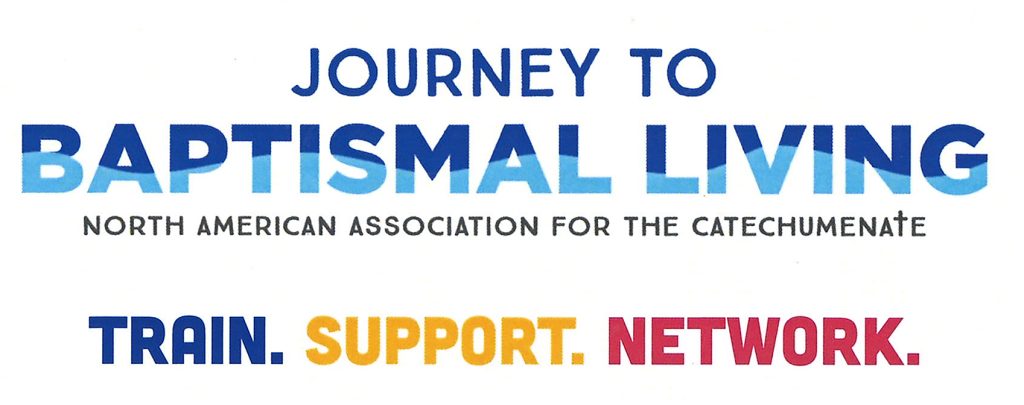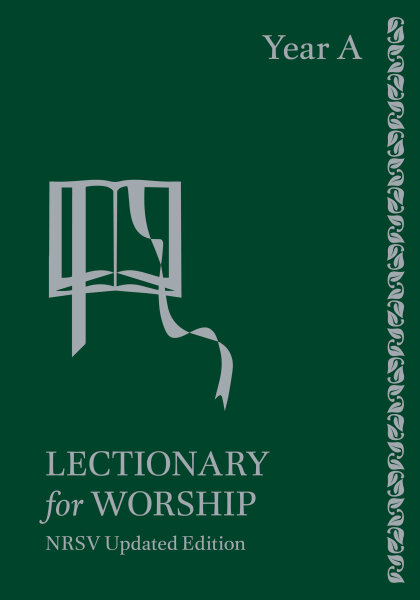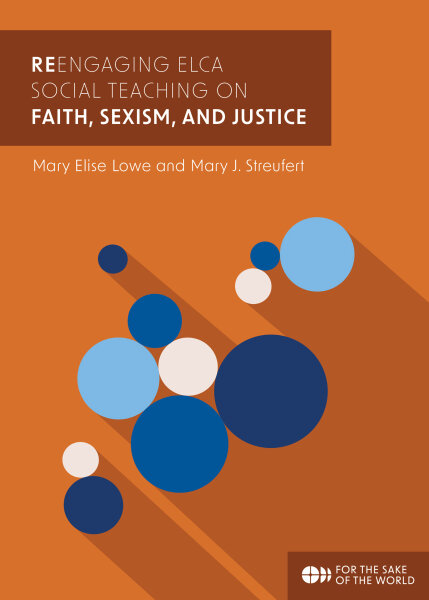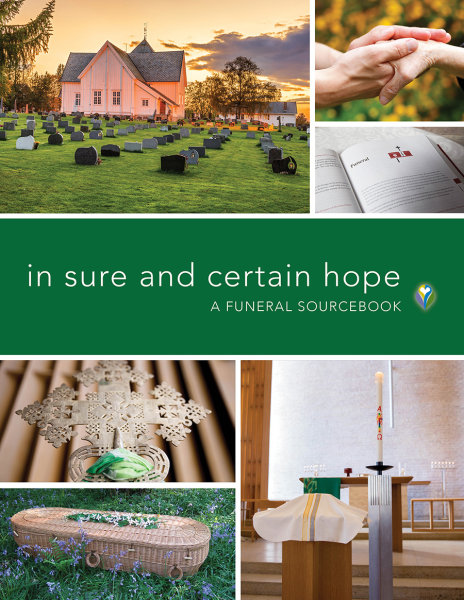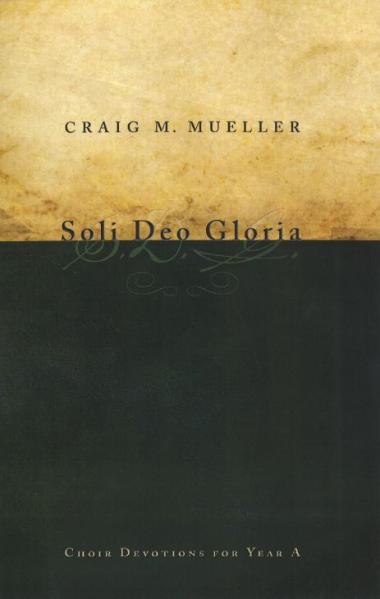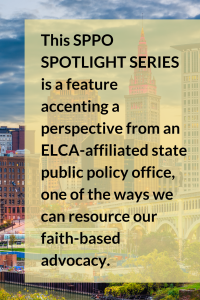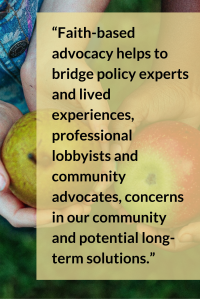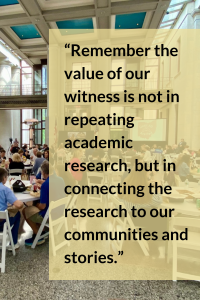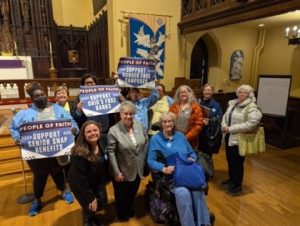 “For what shall we pray?” is a weekly post inviting individuals, groups, and congregations to lift up our world in prayer. This resource is prepared by a variety of leaders in the ELCA and includes prayer prompts, upcoming events and observances, and prayer suggestions from existing denominational worship materials. You are encouraged to use these resources as a starting point, and to adapt and add other concerns from your local context. More information about this resource can be found here.
“For what shall we pray?” is a weekly post inviting individuals, groups, and congregations to lift up our world in prayer. This resource is prepared by a variety of leaders in the ELCA and includes prayer prompts, upcoming events and observances, and prayer suggestions from existing denominational worship materials. You are encouraged to use these resources as a starting point, and to adapt and add other concerns from your local context. More information about this resource can be found here.
Prayer prompts:
For an end to war, violence, and genocide across the world, especially in Ukraine, Gaza, Iran, Israel, Haiti, Sudan, Myanmar, Yemen, India, and Pakistan…
For the ongoing work of first responders and relief organizations, including Lutheran Disaster Response in Kerr County, Texas, and in all places affected by natural disasters…
For those experiencing or anticipating storms and floods in the Northeast US and in the Gulf region…
For the Evangelical Lutheran Church in Canada who has elected the Rev. Dr. Larry Kochendorfer to serve as its fifth National Bishop and in thanksgiving for the ministry of outgoing National Bishop Susan Johnson…
For our own church and the discernment of voting members who will soon elect a new Presiding Bishop and Secretary of the ELCA…
For those affected by recent ICE raids in Camarillo, California, including those injured and killed…
For all victims of sexual abuse and assault…
For those killed and injured in a recent fire at an assisted living facility in Fall River, Massachusetts…
Events and observances:
July Observances: Disability Pride Month, National Minority Mental Health Awareness Month, National Bereaved Parents Awareness Month
Mary Magdalene, Apostle (July 22)
Birgitta of Sweden, renewer of the church, died 1373 (July 23)
James, Apostle (July 25)
Prayers from ELCA resources:
A prayer for refugees, migrants, and immigrants (ACS p. 51)
Holy God, as you have accompanied your people through times of captivity, wilderness, and exile, shelter and sustain all those who flee persecution, oppression, warfare, violence, hunger, and poverty. Open our hearts and homes, our gates and doors, so that they find safety, peace, and welcome—a place to live in freedom and without fear; through Jesus Christ, our refuge and our hope. Amen.
A prayer for times of conflict, crisis, or disaster (ELW p. 76)
O God, where hearts are fearful and constricted, grant courage and hope. Where anxiety is infectious and widening, grant peace and reassurance. Where impossibilities close every door and window, grant imagination and resistance. Where distrust twists our thinking, grant healing and illumination. Where spirits are daunted and weakened, grant soaring wings and strengthened dreams. All these things we ask in the name of Jesus Christ, our Savior and Lord. Amen.
The following topical resources are available from resources.elca.org for use in public worship and personal devotion:
Worship resources and prayers in response to wildfires
Worship resources for the crisis in the Holy Land
Worship resources for the Eastern Europe Crisis
Worship resources for and following national elections
—
ELW = Evangelical Lutheran Worship
ACS = All Creation Sings: Evangelical Lutheran Worship Supplement
Additional topical prayers are found in Evangelical Lutheran Worship (pp. 72–87) and All Creation Sings (pp. 46–55), as well as in other resources provided in print and online at sundaysandseasons.com.
Crafted intercessions for every Sunday and festival are provided in the Sundays and Seasons worship planning guide published in-print and online by Augsburg Fortress. Further assistance for composing prayers of intercession can be found here: Resources for Crafting Prayers of Intercession
Prayer Ventures, a daily prayer resource, is a guide to prayer for the global, social and outreach ministries of the ELCA, as well as for the needs and circumstances of our neighbors, communities and world.


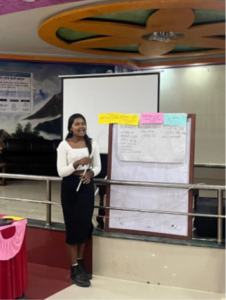
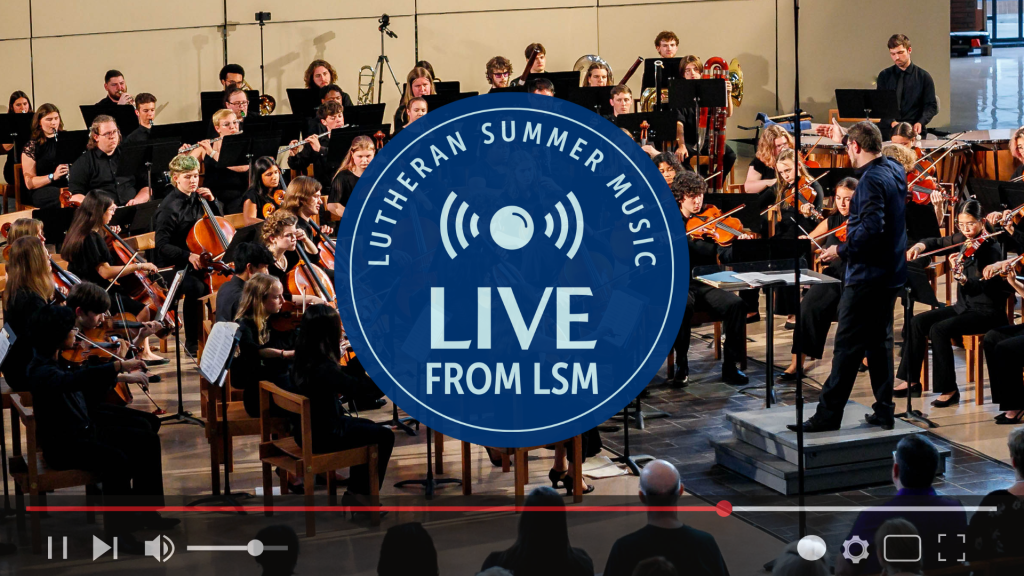
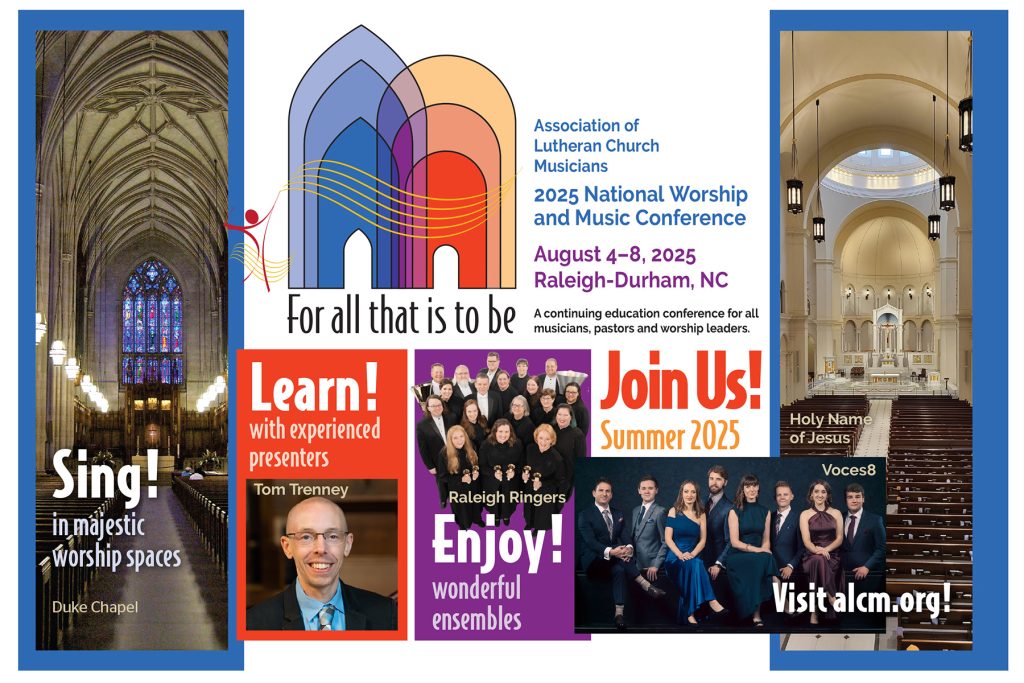

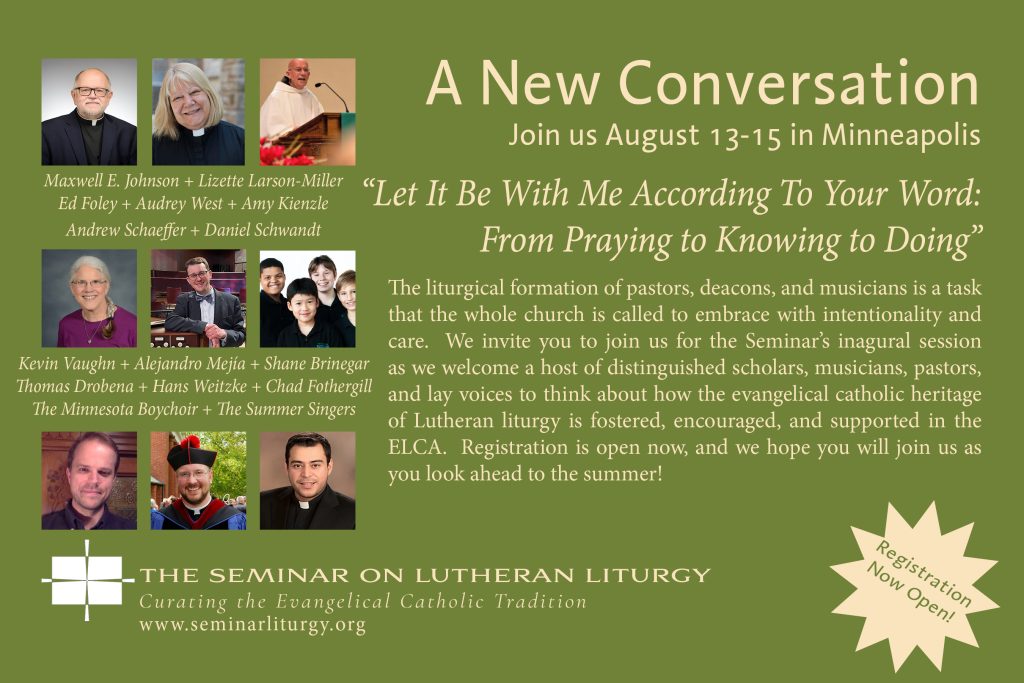

 An ecumenical Christian community seeking to support seekers, whether baptized or not, and those who accompany them on their journey of faith through the catechumenal process.
An ecumenical Christian community seeking to support seekers, whether baptized or not, and those who accompany them on their journey of faith through the catechumenal process.